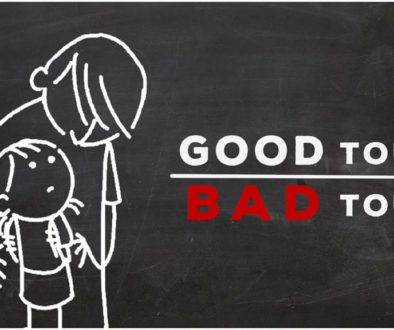Mathematical disabilities can be remediated
Does your child have trouble with anything to do with basic arithmetic skill? Does he have less understanding of numbers? Does he feel difficulties in memorizing arithmetic facts? Has he always got stuck in understanding quantity? If your child is facing these problems persistently, chances are there he may have dyscalculia. But hold on, don’t get scared because his disabilities can be remediated, unlike some few years ago when even the diagnosis of a child with dyscalculia could have been altogether a very tough task, let alone handling it the way it should be. Thanks to the huge success in the research and development taking place in this field. Today dyscalculia is probably just a matter of getting some professional help for diagnosis and intervention.
What is dyscalculia?
Dyscalculia is a type of learning disorder. As per American Psychiatric Association, dyscalculia is a specific learning disability that affects the normal acquisition of arithmetic skills in spite of having normal intelligence. Children with dyscalculia face difficulties in understanding number concepts, manipulating numbers and recalling basic math facts. They usually show dislike of or anxiety towards maths. It has been observed that children with dyscalculia can also have dyslexia, another learning disorder, where a child has difficulty reading and writing. Studies looking at the percentage of dyscalculics who are also dyslexic differ wildly in their estimates from 17% to 64% (Badian, 1999; Gross-Tsur et al., 1996; Lewis et al., 1994) but the relationship between them is still unclear. There might be many reasons – like neurological defect, poor working memory, genetics, poor teaching and unsuitable learning environment or even math-phobia – that cause a child to have difficulties in doing mathematics. But study says dyscalculia might be caused by a difference in brain function or in brain structure, more specifically the right parietal lobes. Some of the common math-related problems a child with dyscalculia may face include:
1. They feel difficulties in memorizing basic number facts. Number facts are basic procedures, rules or formulas which a child has difficulties to recall.
2. In spite of having good concepts of mathematics, they often end up committing errors because they misread signs, forget to carry digits, put digits in wrong place or make mistakes in carrying numbers, or don’t write digits clearly enough. Sometimes they perform operations in wrong direction.
3. They often make mistakes while copying sums from either classroom board or from textbooks.
4. They face difficulties in doing multi-step and complex maths problems. They face difficulty in switching between different steps in a complex maths problem. They often forget what they are doing in mid of solving a maths problem.
5. Solving word problems is a tough task for them. They get confused with the language of the problem and are unable to understand the direction or explanation.
How can you help a dyscalculic child?
Dyscalculia can come about to any children including those who are profoundly gifted, of mediocre intelligence, or those diagnosed with a mental retardation. Most students diagnosed with dyscalculia feel frustrated and de-motivated to doing maths. So it is the responsibility of parents and educators to help these children to overcome their weakness – after all, some research over 30 years already proved that brain can be ‘customized’ by experience, understanding and learning. Teachers and parents can incorporate certain strategies to help these children to succeed in mathematics.
1. An important thing for parents, teachers, and special educator to do is communicate with each other and decide on a common curriculum. They should follow a similar instructional approach.
2. Teach them basic concepts using concrete objects, like allowing them to explore numbers concepts by counting the number of dishes on the dinner table or by subtracting pencil from pencil box. Using real-life situation helps them to learn in more effective way. Use more and more visual and auditory examples for their better understanding.
3. Encourage dyscalculic children to visualize math problems, especially word problems, by drawing.
4. Complex and big problems should not be given at a very initial stage. Educators should break down big math problem into smaller parts and gradually build on them with time.
5. Encourage them to review the work after completing the task and modify it if necessary.
6. Allow dyscalculic children to use calculator. Calculators helps them to overcome the difficulties in performing basic computation.
7. Learning through play like dice game, business game or card game benefits a lot to dyscalculic children.
8. Use different learning strategies for arithmetic calculations like if a child has problem in memorizing multiplication table, he can be taught other ways to solve a multiplication problem. For example, 6 x 4 can be solved by adding 6 + 6 + 6 + 6.
9. Use specialized materials like graph paper which makes it easier for a child to keep track of numbers when doing arithmetic calculation.
If a child has dyscalculia that does not mean he will fail in maths or cannot move up in academic ladder. Dyscalculia is a recognized learning disability, so schools will make accommodations for dyscalculia students. Children with dyscalculia can be helped with remedial programs as mentioned above, but of course the sooner the remedy program starts, the better chance they have of overcoming their dyscalculia.
Note: The above article was first published in the July 2016 issue of The Progressive Teacher


